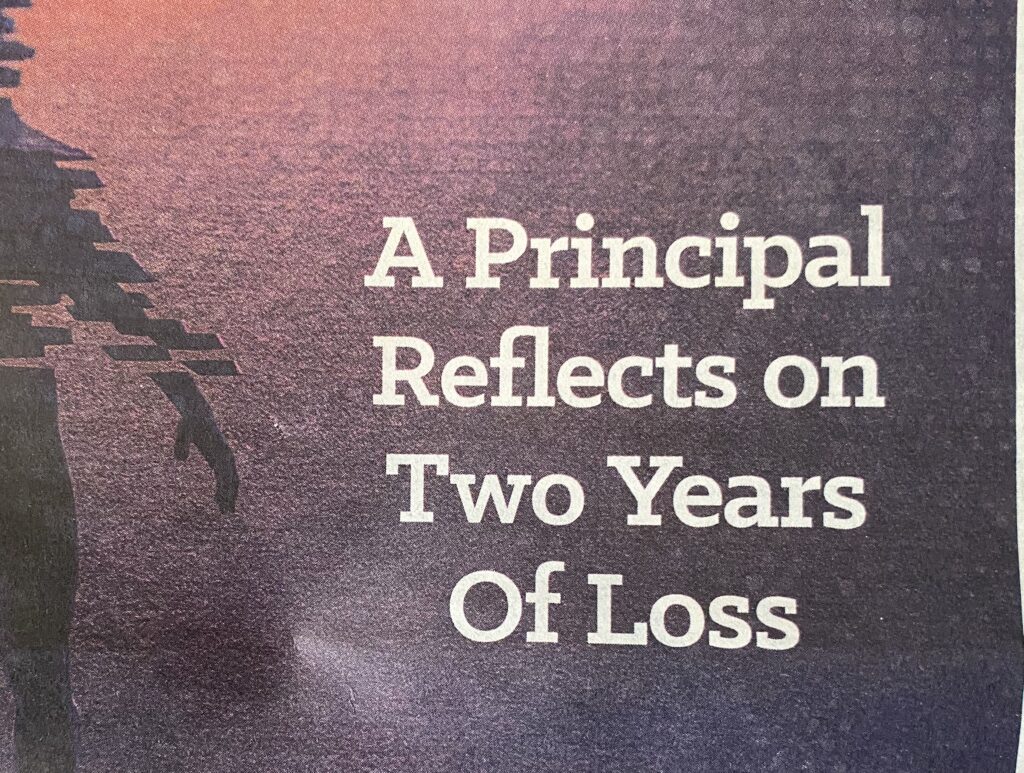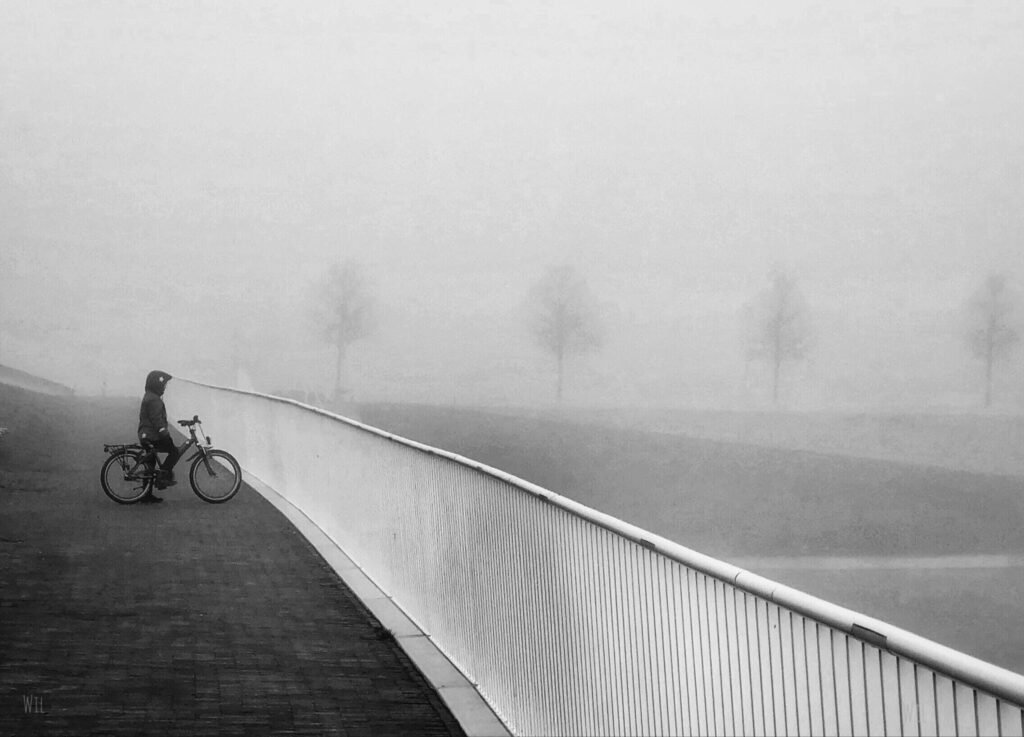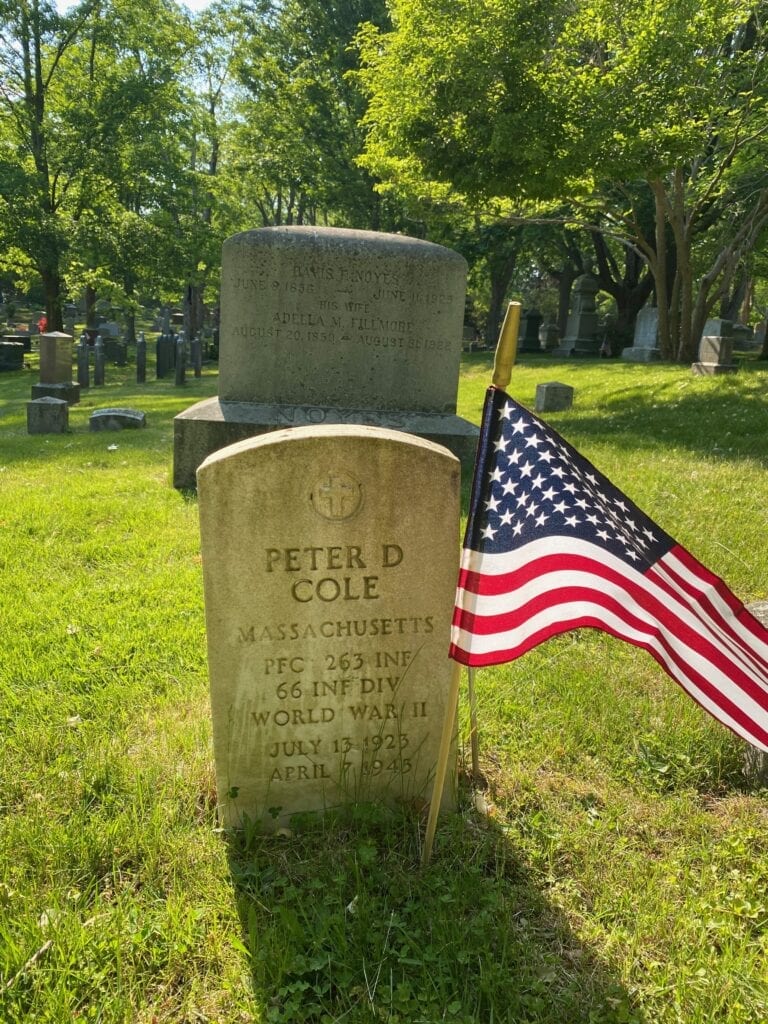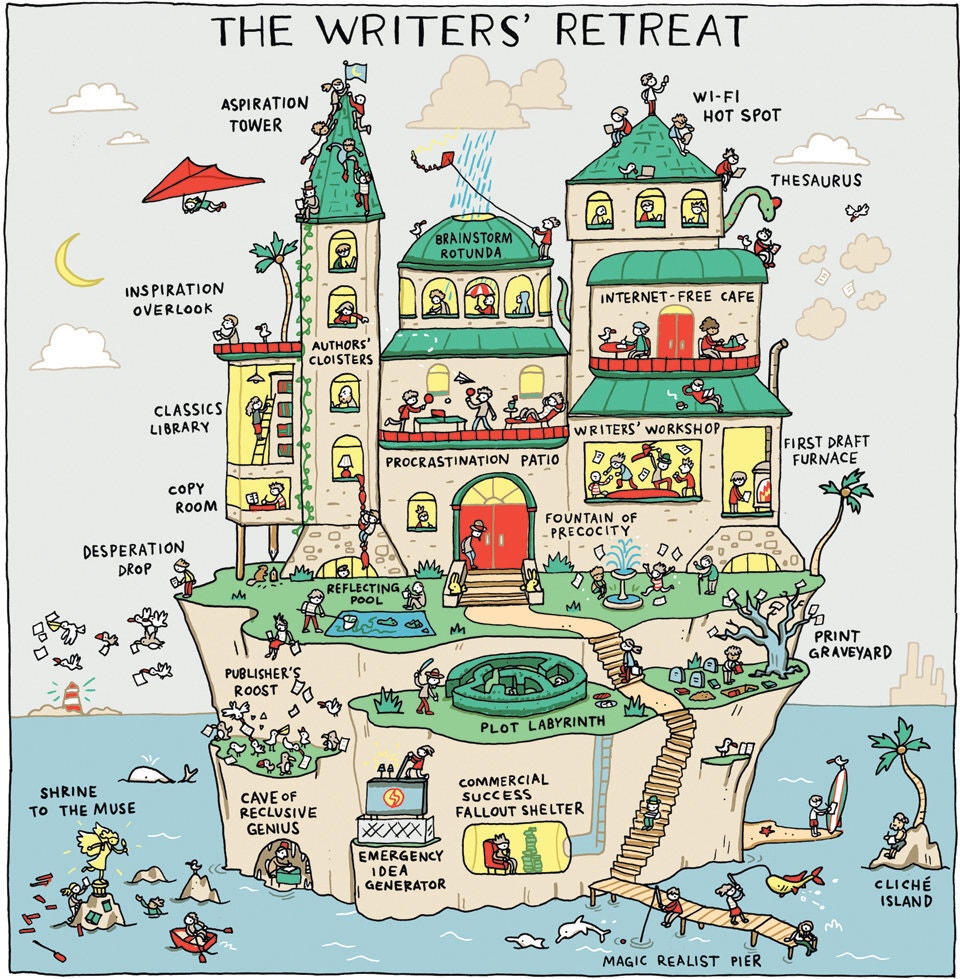Things Educators Carry As Covid Carries On
One of my favorite activities with students when teaching English/language arts was found poetry. It motivated the full spectrum of students because it had all sorts of word play, and could connect it with all genres of reading. Reluctant readers could be asked to look at a page of text from the literature we were reading and simply list some of the favorite words they found on a page. Motivated readers could do the same and the activity leveled the reading and comprehension playing field as we shared words, strung them together to make meaning. Over the course of a chapter, students could take the words to create a free verse poem to try to capture an element of the story. It was a great entry-point for demystifying poetry, increasing class wide comfort for sharing, and segueing into discussion at large. …
Things Educators Carry As Covid Carries On Read More »




